“She (the Church) must above all protect mankind from self-destruction.” This remarkable statement caught my attention on re-reading Pope Francis’ encyclical, Laudato Si. He was quoting Pope Benedict (XVI)’s encyclical, Caritas in Veritate. It is remarkable to me because I had never considered this to be ‘the’ primary mission of the Church – to save humanity from itself. Wow!
I mean, I do recognise that it is what I have been engaged in from the beginning of my vocation, though I couldn’t have named it in these terms. In my teenage years, when I first took my faith seriously thanks to a profound religious experience, I would have understood the Church’s primary task as that of saving souls from eternal damnation. From this perspective, the self-destruction I understood myself fighting against was the human tendency to sin and so put his or her eternal life at risk. I would have understood things from the point of view of personal morality and our weakness that leads us to sin, despite the eternal consequences.
The context of the statement in both encyclicals, however, is concerned with the destruction of humanity via the destruction of the natural environment. Considering our current understanding of the social dimension of sin, of course the statement applies. The logical extension is that it is the Church’s business to be engaged in any activity that aims to save humanity from self-destruction, be it through sin, nuclear war or damage to the environment leading to a world that no longer can sustain human life. Any human action that causes harm to human life is the target of the primary concern of the Church. In this article I want to share my reflections on considering this statement.
Self-destructive tendencies
To consider the Church’s primary concern to be to protect humanity from self-destruction suggests that there is a capacity and even tendency in human nature for self-destructive behaviour. Why would we, as living beings, enter into behaviour that was potentially life threatening to ourselves?
Sigmund Freud described the concept of Thanatos, the death instinct, as a drive within human beings that went contrary to our instinct for survival as a way of explaining this tendency in human behaviour. He based this concept on the fact that the goal of all life is death. In other words, our time of life moves in one direction and the end of that journey for all of us is death. Freud believed that people typically channel their death instinct outwards in behaviours like aggression and violence. Freud explained that sometimes these instincts towards destruction can be directed inwards, resulting in self-harm or suicide. Freud concluded that people hold an unconscious desire to die but that the life instincts largely temper this wish. Death instincts were an extension of that compulsion wherein all living organisms have an instinctive “pressure towards death” that stands in stark contrast to the instinct to survive, procreate and satisfy desires.
But there are other factors as well. Some of our risk taking behaviour comes from our short sightedness in terms of short or long-term consequences to our actions, especially in our desire to seek pleasure or obtain what we need immediately. As well, because we live in a death denying society, we don’t consciously think of such behaviour as really life threatening. The younger we are the more indestructible we see ourselves. Even when we know we are taking a risk, we don’t conceive of ourselves dying, until it confronts us in a clear and undeniable way, like having a heart attack. Some people are more fearful of dying and less inclined to take risks, but others do not consider the risk real enough and so live their lives with the breaks are off.
With the exploitation of the environment, those who are in a position to exploit it often consider the consequences so far into the future that it wont personally affect them. They deny the science of climate change because it is an ‘inconvenient truth.’ They do not see any immediate risk, or even significant life threatening risks to be encountered in their lifetime, and clearly don’t feel any responsibility for the rest of humankind. But all of us play a part in the degradation of the planet be it though carbon emissions by using personal or public transport, energy consumption, use of plastics, etc. Again, we don’t see that our small contribution could have any real impact on the destruction of humanity and so we justify or excuse the behaviour.
If we take the Pope’s statement as our mission statement, then we are called to a radical stance, personally and publicly, against any action that contributes to humanity’s self-destruction. To do otherwise is to sin.
The Environmental Threat from Christianity
In his encyclical, Laudato Si, Pope Francis acknowledges the criticism levelled at the Christian scriptures, which blames the Genesis text of justifying the unbridled exploitation of the natural world by the mandate given by God to humanity to subdue all that Earth (Gen 1:28). But Pope Francis refutes the claim by arguing that this is a misunderstanding of the scripture’s true intent which is God’s imparting of the responsibility of stewardship on humanity to look after creation and not exploit it.
In my opinion, however, the greater threat imposed on the environment from Christianity is the Gnostic influenced view that anything to do with the material world is corrupt and only the soul has value because it is eternal. In simple terms, this view considers any efforts to save the planet or protect humanity from nuclear war, etc., as so much wasted energy as the soul is all the matters and its true home is heaven. As such, all efforts should be focused on saving the soul, not the body.
This mentality was criticised by Karl Marx when he called religion the ‘Opium of the People.’ He considered that Christians were being anaesthetized against social action, allowing the capitalist system to exploit workers unapologetically, by preachers who encouraged them to offer their sufferings up to God so that their reward would be great in the next life. Why invest effort in making this world better when it will all fade away and was, after all, a valley of tears. Better to do all you can to ensure entrance into paradise after your death, which was an entrance by no means guaranteed given our sinful and corrupt physical body that was determined to drag our soul into hell with its unholy bodily urges and passions.
This view, with its focus on mortification of the flesh, is contrary to the biblical account of Creation that affirms God saw all that He had made and found it very good (Gen 1:31), or as the prophet Isaiah puts it, “the God who made earth and shaped it, he who made it firm. He did not create it in vain, he made it to be lived in.” (Is 45:18).
This negative view of humanity has its foundation not in scripture, as such, but on Augustine’s doctrine of Original sin. This doctrine states that human beings inherit a tainted nature and a proclivity to sin through the fact of birth. Augustine developed his doctrine on a passage of St. Paul’s letter to the Romans, chapter 5, verse 12. Augustine’s primary formulation of original sin, however, was based on a Latin commentary on Paul’s letter in which there was a mistranslation of Rm 5:12. The mistranslation gave Augustine the impression that Paul was saying that through Adam’s sin, all have sinned, in the sense that Adam’s original sin was passed on through birth to every human being. A correct translation of Paul makes clear that what Paul was saying is that just as Adam sinned, we all have sinned and therefore death has come to all people.
Such views are understandable when taken in the context of the difficult lives of peasants throughout most of the Church’s history, full of uncertainty as a result of endless wars, poverty, plague, etc. Life was a valley of tears and relief was seen as only coming when you reached heaven. It cannot be justified today and negates the importance of the journey of life in terms of the spiritual growth of the individual through the experiences, both positive and negative, that life throws at us. It treats God’s creation as a joke on humanity, which needs to be ignored as a distraction from the only thing that matters, which is the next life. How’s that for encouraging Thanotos?
Such views, which still are ingrained in the minds of Catholics with a traditional upbringing, robs any inertia towards improving life for the rest of humanity on this planet and engenders an isolationist spirituality where the only thing I should focus on is my personal moral life in the glare of a judgmental God.
The Primary Motivation
The reason why our primary purpose as Church is to protect humanity from self-destruction, according to Pope Benedict (XVI), is love. “Love is an extraordinary force which leads people to opt for courageous and generous engagement in the field of justice and peace.” (Caritas in Veritate par 1)
The focus on personal morality, of getting my soul into heaven, has nothing to do with love, and everything to do with fear and self-preservation. Love, on the other hand, focuses on the good of the other and has its “origins in God, Eternal Love and Truth.” (ibid) Those who primarily are concerned with defending Church doctrine show a high concern for ‘truth,’ but no love. Charity/love for them is an optional extra and even a distraction from the unwavering and fanatical loyalty to truth. Indeed, those who have nothing but judgment and condemnation for their fellow human beings will never be ‘fishers of men.’ They are not interested in humanity but in upholding the authority of their own egos as defenders of the truth.
To the contrary, “Charity is at the heart of the Church’s social doctrine. Every responsibility and every commitment spelt out by that doctrine is derived from charity which, according to the teaching of Jesus, is the synthesis of the entire law.” (ibid par 2)
So the primary reason we, as members of the Church, must engage in protecting humanity from self-destruction is our love for humanity, based on God’s love for humanity. Love is a commitment to the other person’s growth. It is a commitment to do all we can to help the other person grow into the person God calls them to be – their true self/their best self. If we allow the natural environment to be destroyed such that it cannot sustain life, then such an act prevents human beings from growing into their true/best self. If we allow people to live as if they can carelessly exploit the natural world then we are not encouraging them to become their true/best self. We encourage selfish behaviour rather than growth in taking responsibility and love. If we allow conditions to exist where by human life is taken, be it through war, hunger, capital punishment or abortion, we are preventing those people from growing into their true/best self and fail to act with love. If we fail to try to conscientise people so that they recognise that such behaviour is less than who God calls them to be, then we fail to act with love.
An important corrective
“God is intimately present to each being, without impinging on the autonomy of his creature, and this gives rise to the rightful autonomy of earthly affairs.” (Laudato Si par 80)
There is a danger in misinterpreting what it means that the Church’s primary responsibility as protecting humanity from self-destruction. This misinterpretation relates to how far and in what direction you take that responsibility? In order to save humanity from itself, do you take away people’s free will to choose? For some, this would seem the only way to guarantee a successful result. How many reformers and revolutionaries have justified killing or imposing control in order to save humanity from itself? The argument could be made from a belief that one is acting out of love for humanity. Human beings are like children that don’t see the danger, but must be forcibly restrained to protect them from the danger you, as the parent, see. Such a view posits a God like knowledge in the mind of the one who would subject humanity to his or her will believing they know best. This is, in fact, the highest arrogance and megalomania. After all, God does not impose His will in such a way. “Creating a world in need of development, God in some way sought to limit Himself in such a way that many of the things we think of as evils, dangers or sources of suffering, are in reality part of the pains of childbirth which He uses to draw us into the act of cooperation with the Creator.” (ibid)
Pope Francis has confidence that the “God, who wishes to work with us and who counts on our cooperation, can also bring good out of the evil we have done.” (ibid) Even though it may be painful to watch people make the wrong choices, as no doubt it deeply saddens our Creator, we cannot overstep the boundary of freedom of conscience. “The traditional belief that individual conscience is the final arbiter of moral life has been forgotten here. The Church has been called to form consciences, not replace them.” (Amoris Laetitia par 37) An excellent way, then, that the Church can realise it’s primary mission is to form consciences to see that above all we must do all they can, in love, to protect humanity from self destruction.


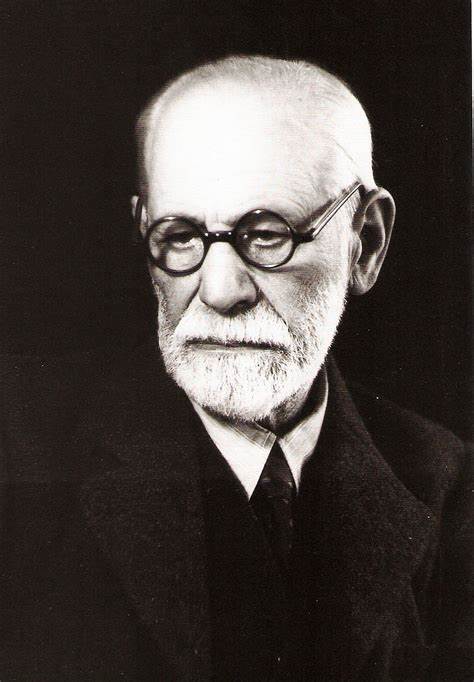
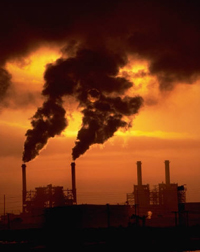
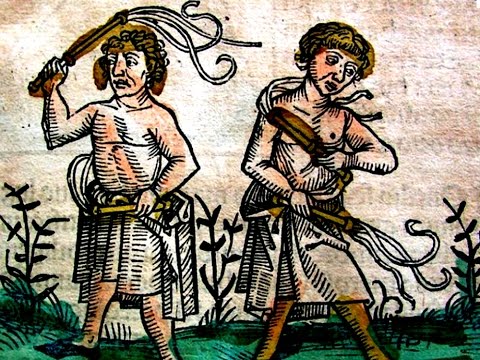
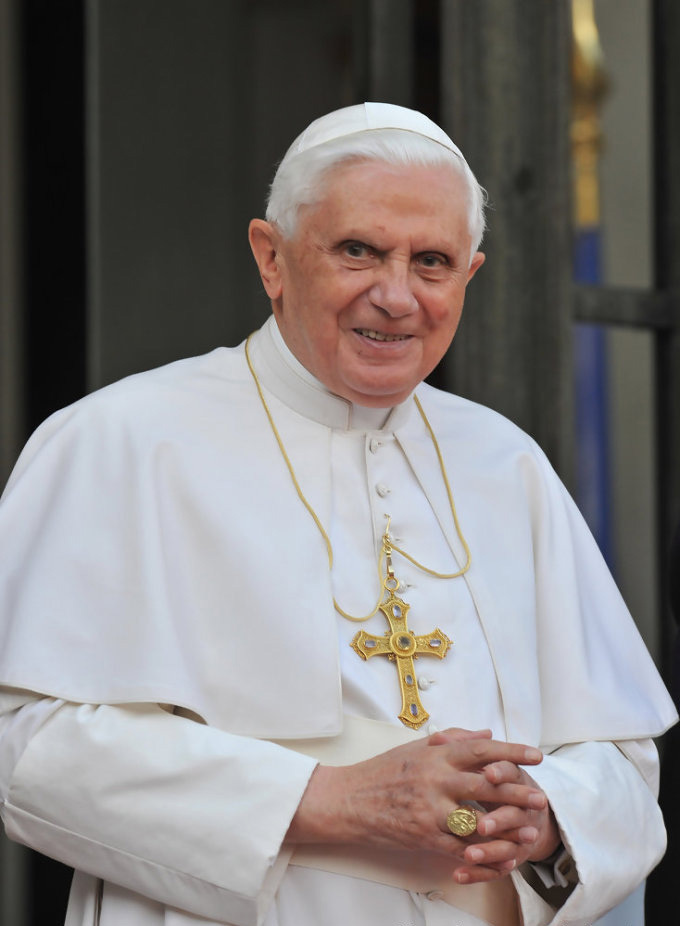
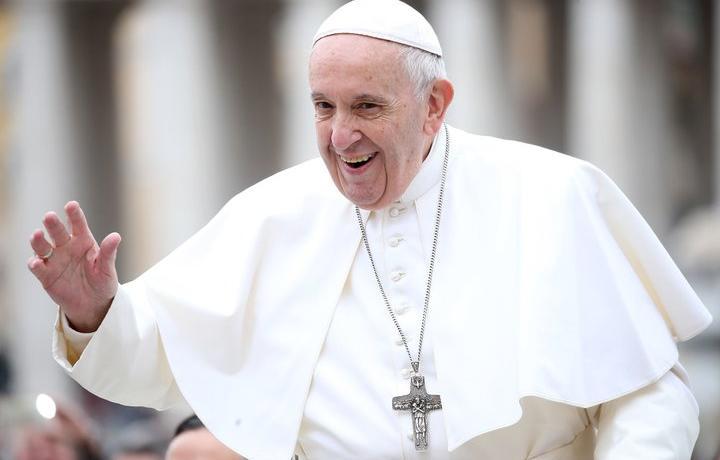
Thank you Fr Ray. Hope many take the time to read this well presented article so grounded in the truth – that is not fanatical but humane and logical. In these uncertain times we need to equip ourselves with wisdom that comes from God to free us from fear and confusion.
Loretta Hughes